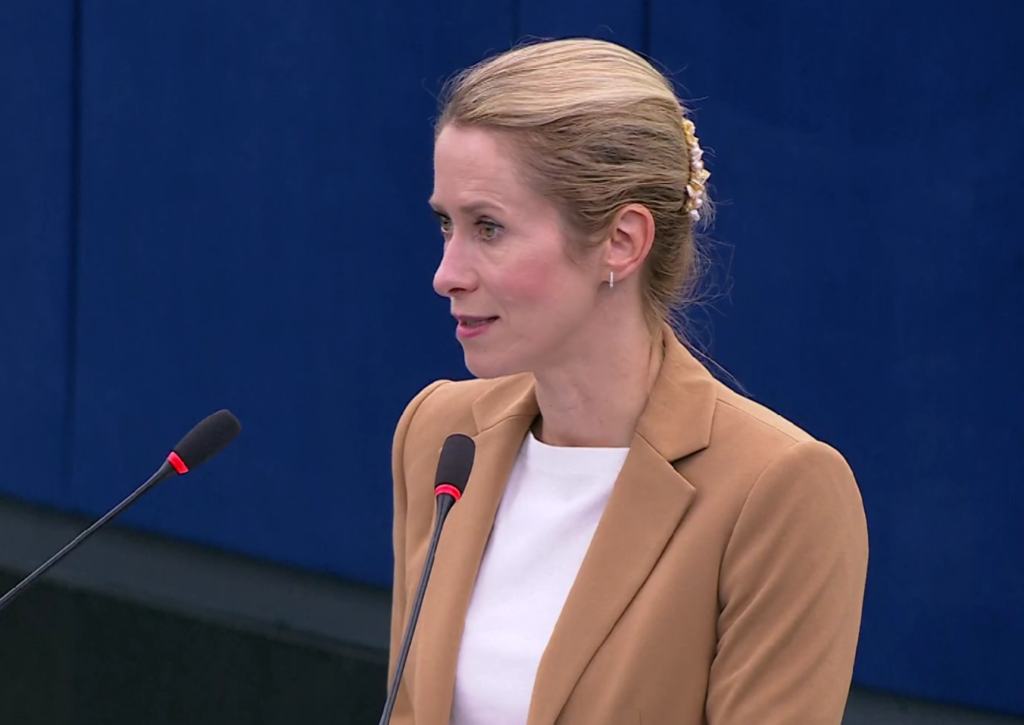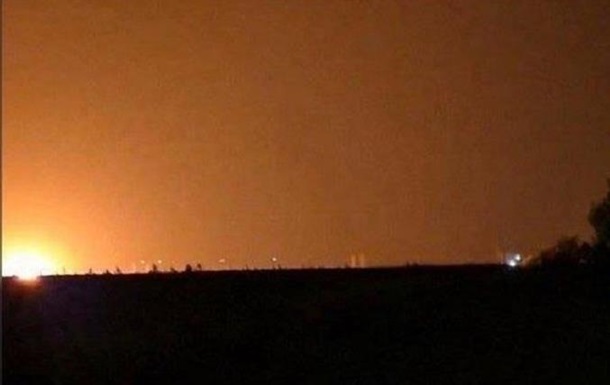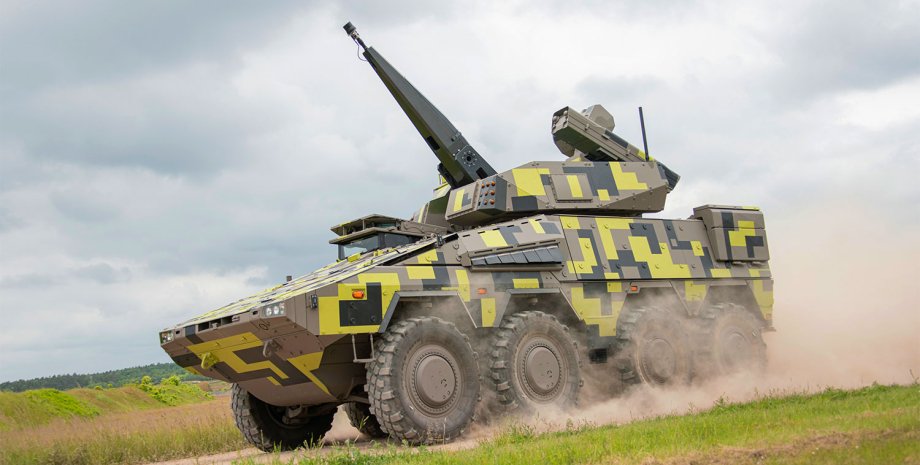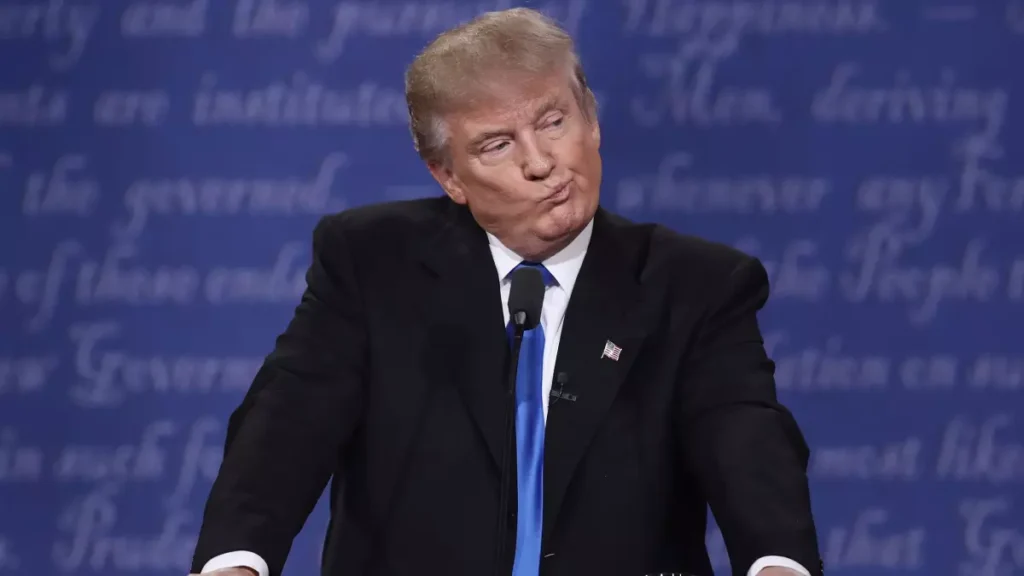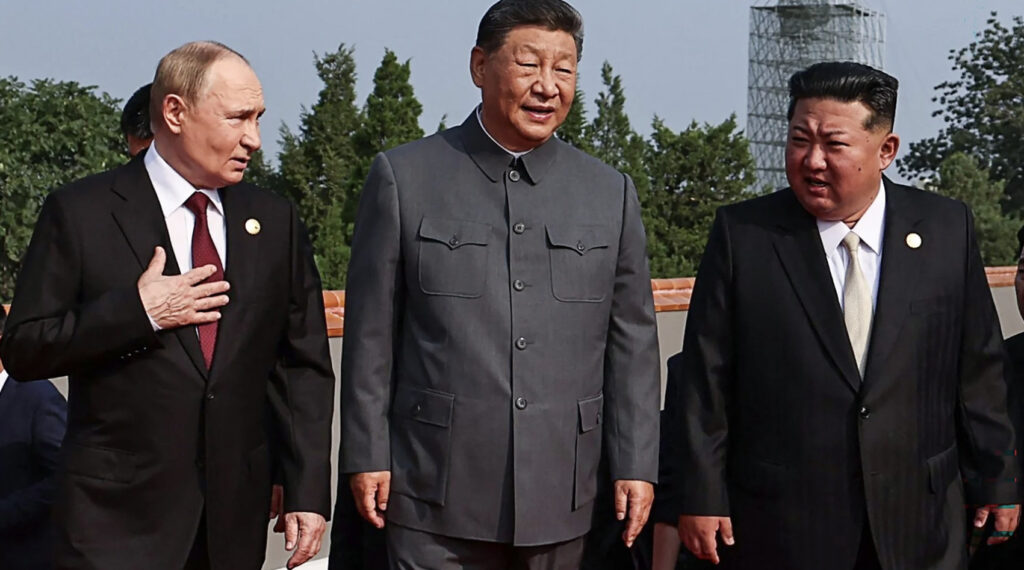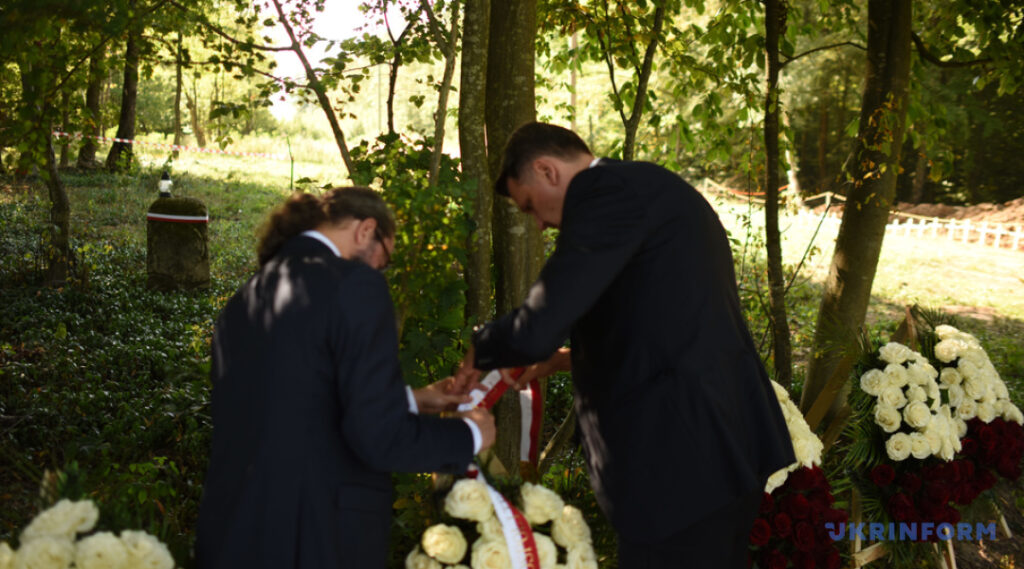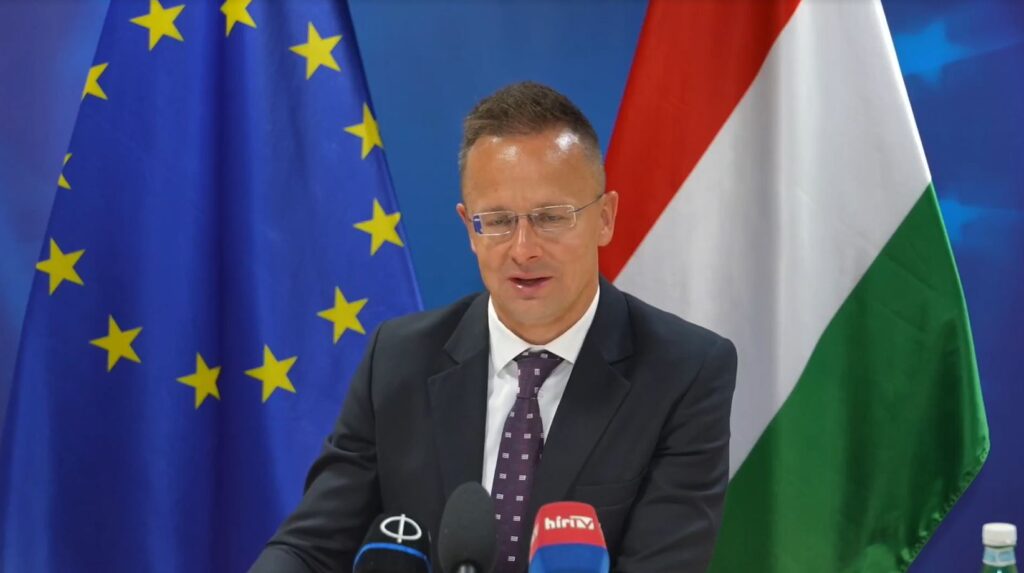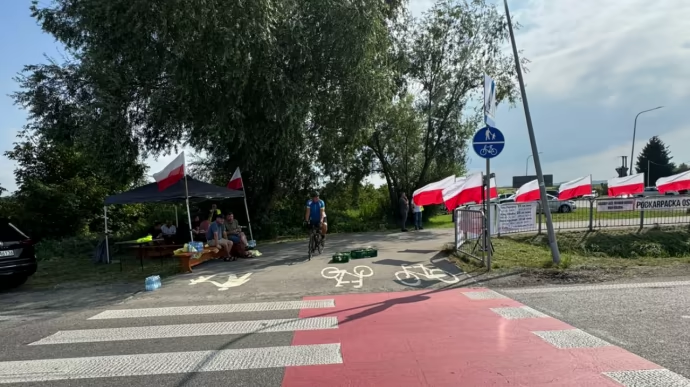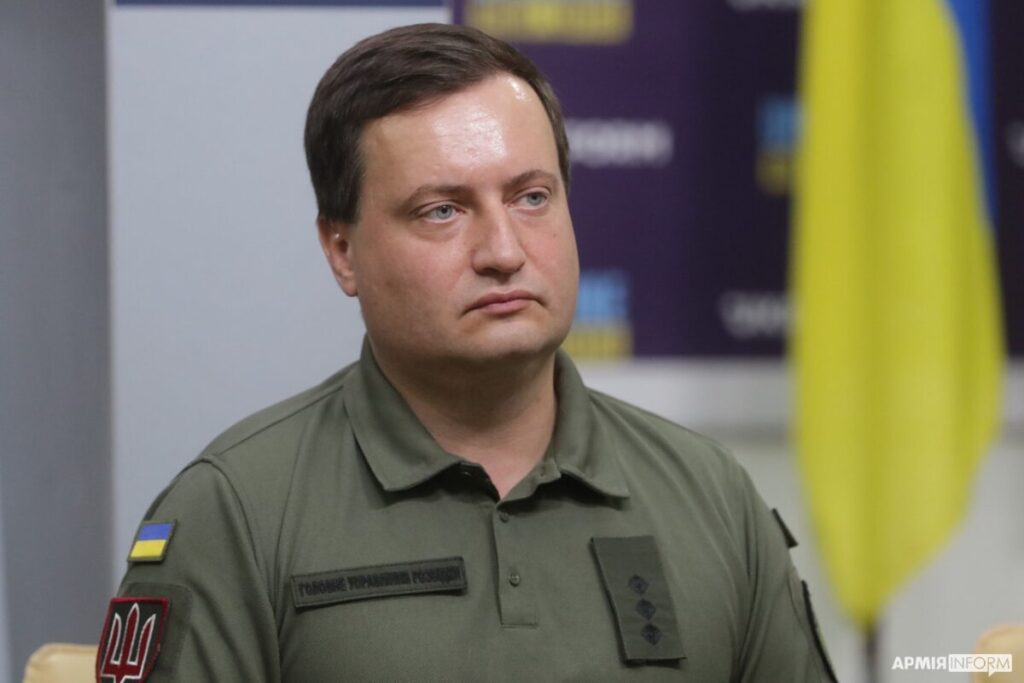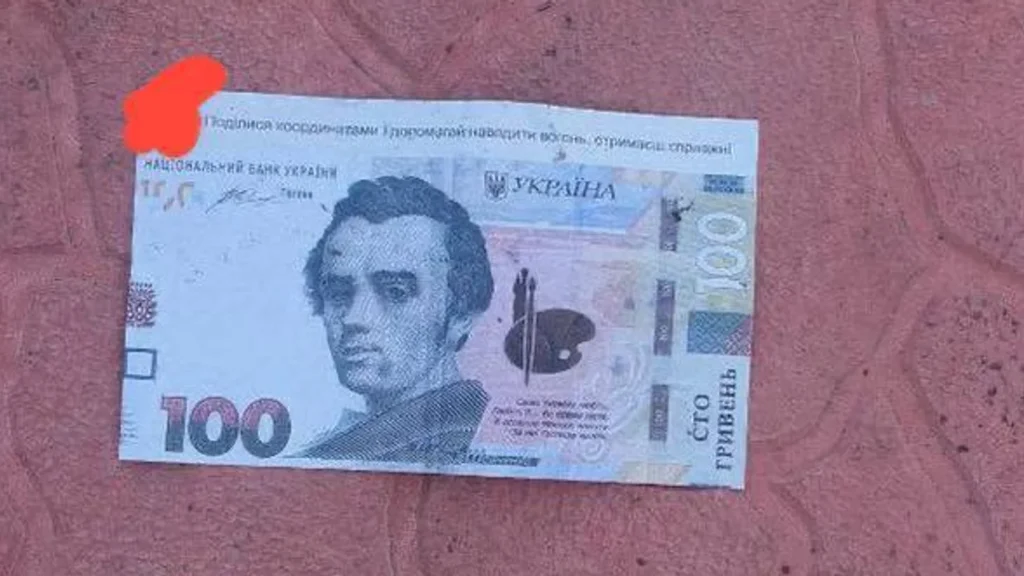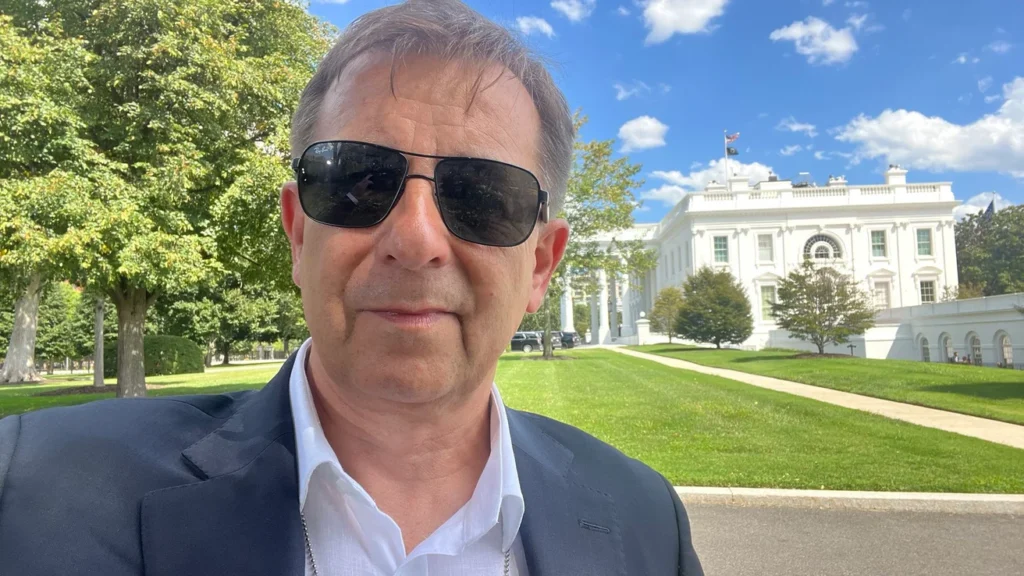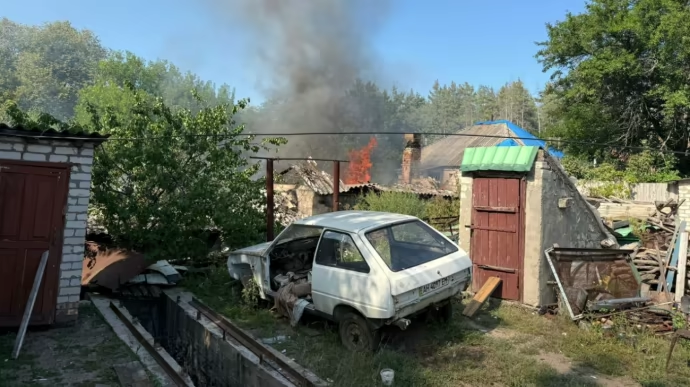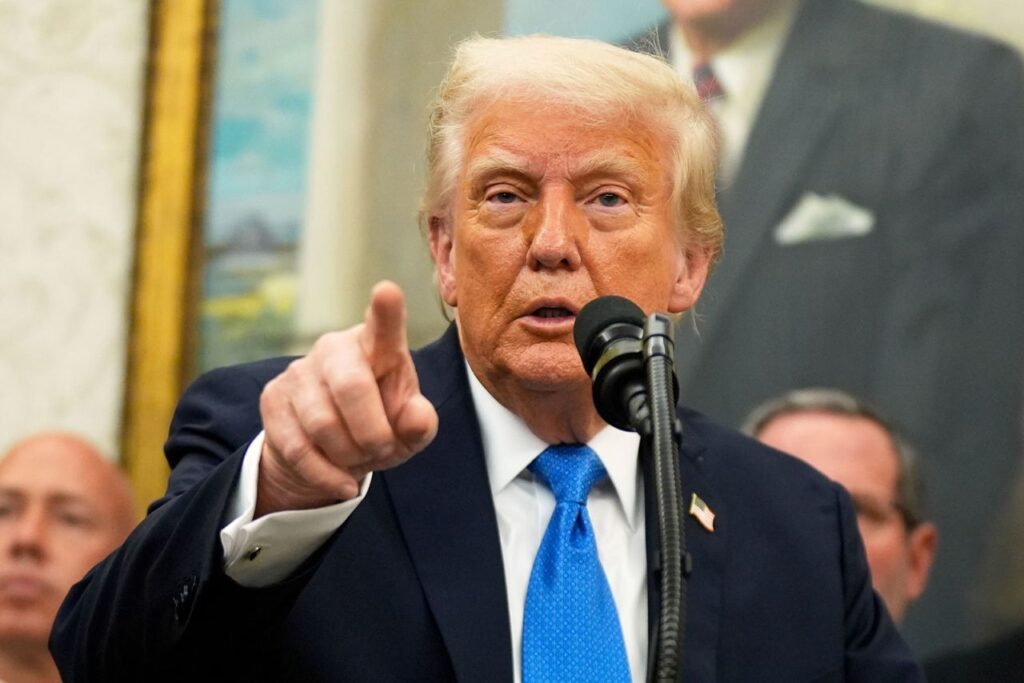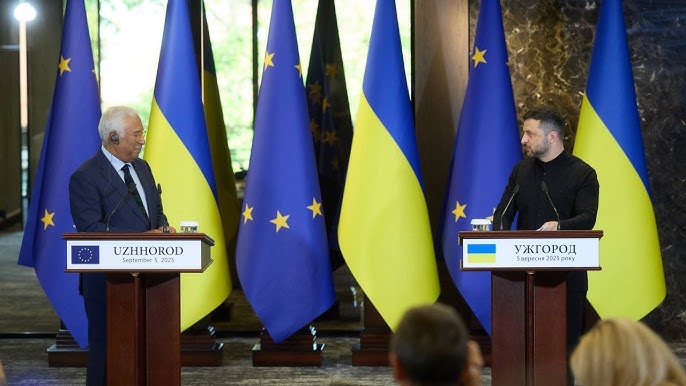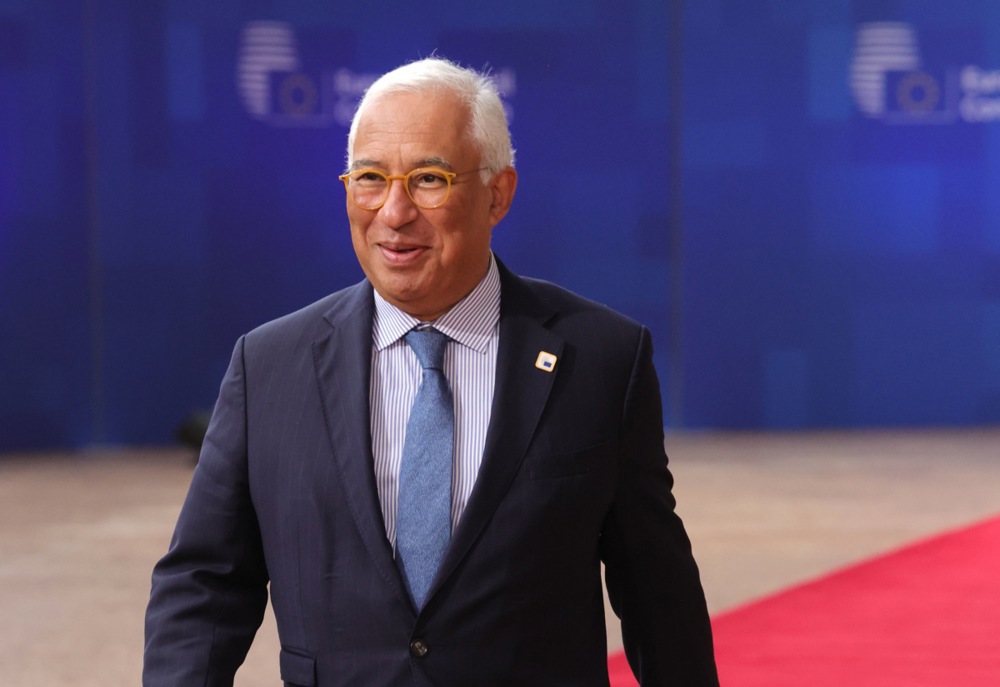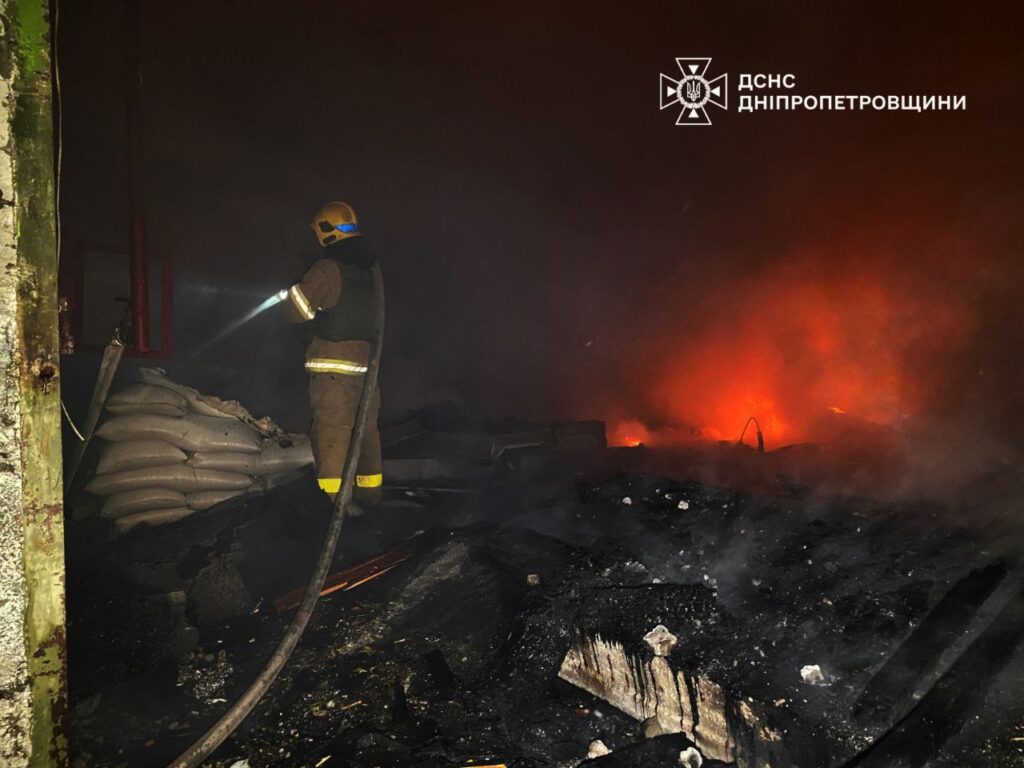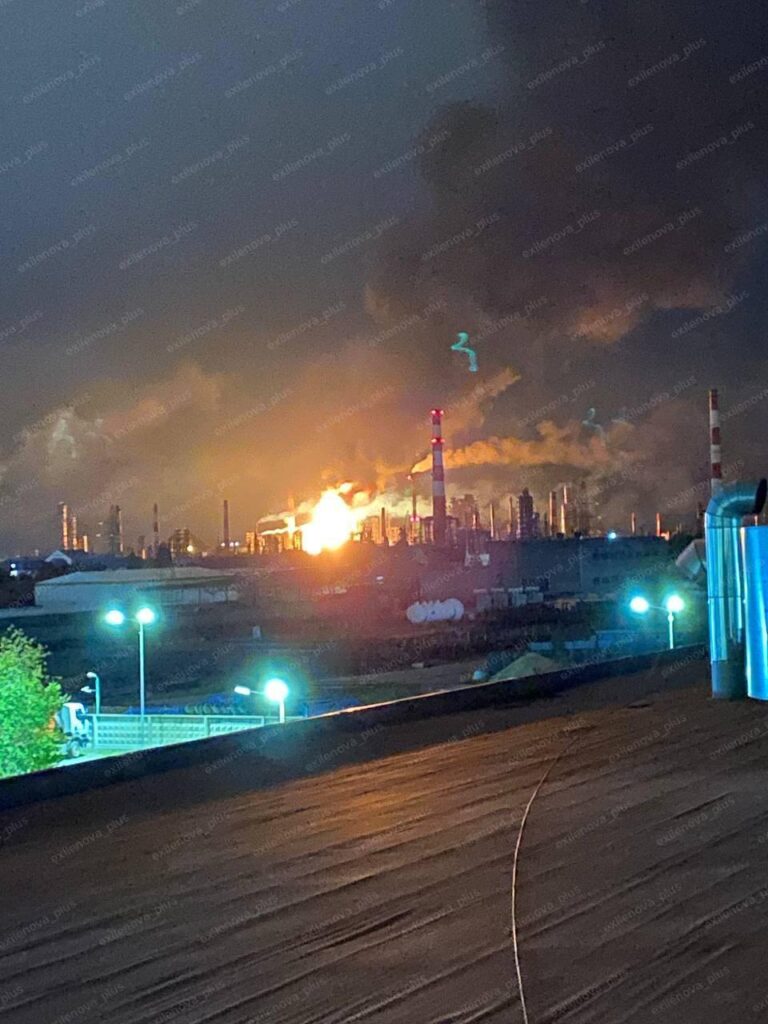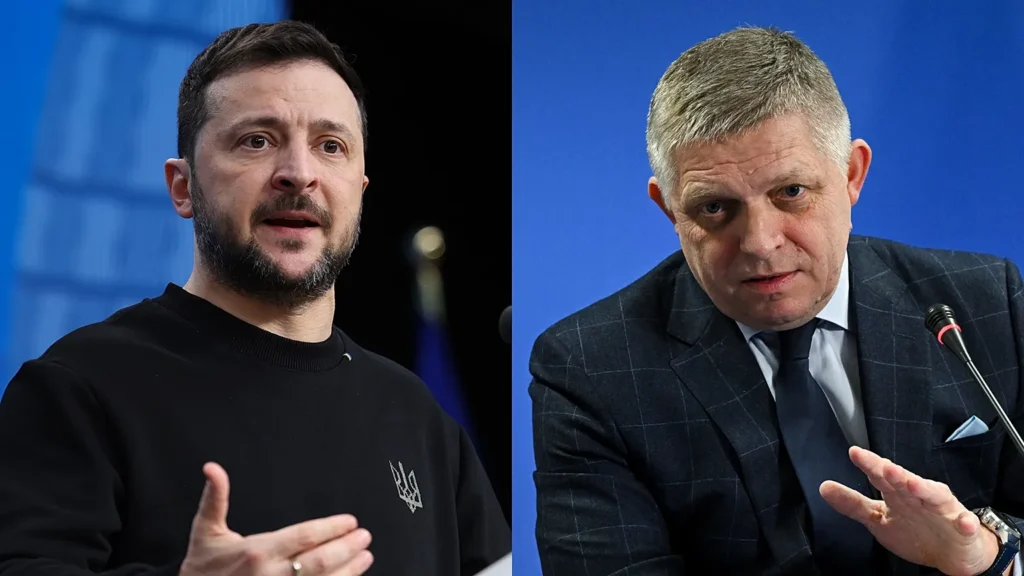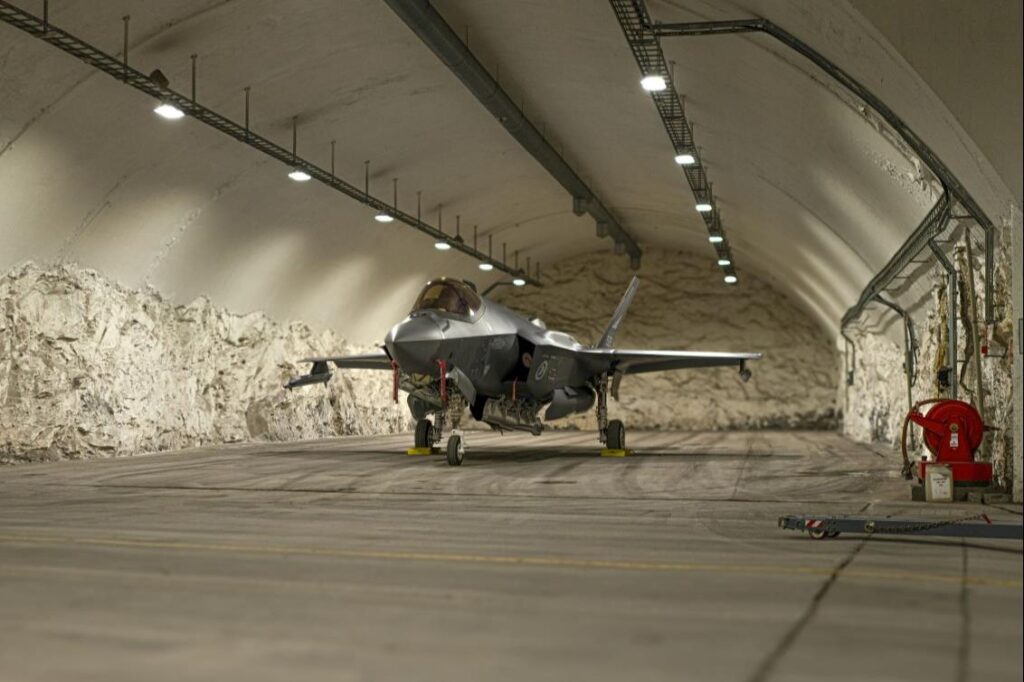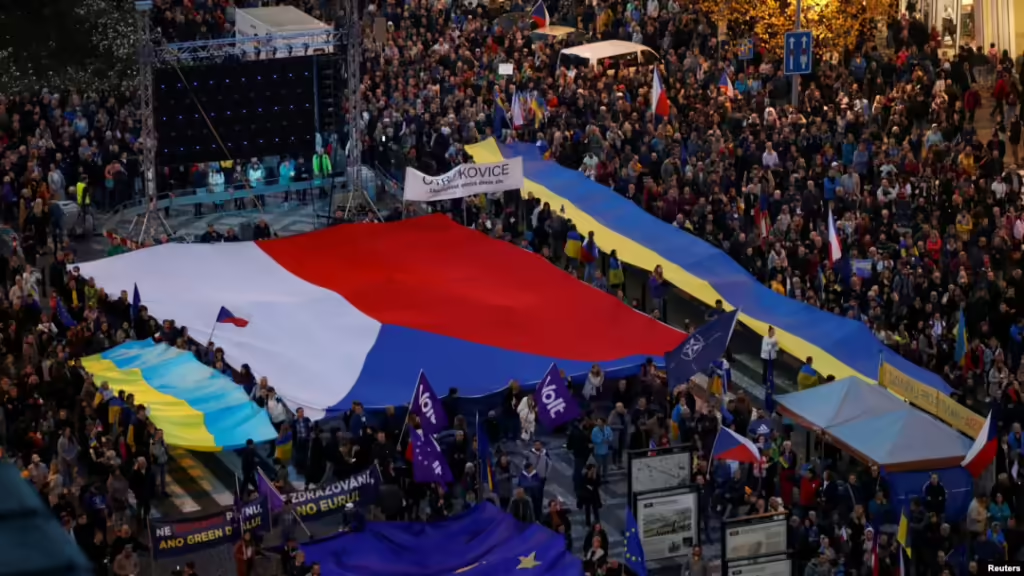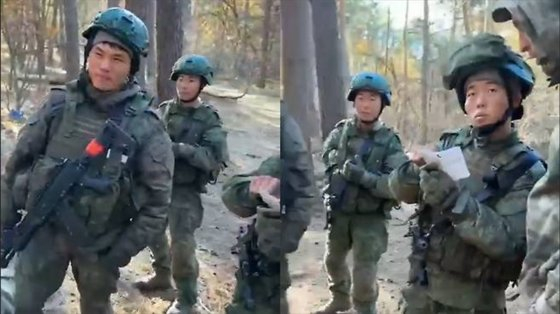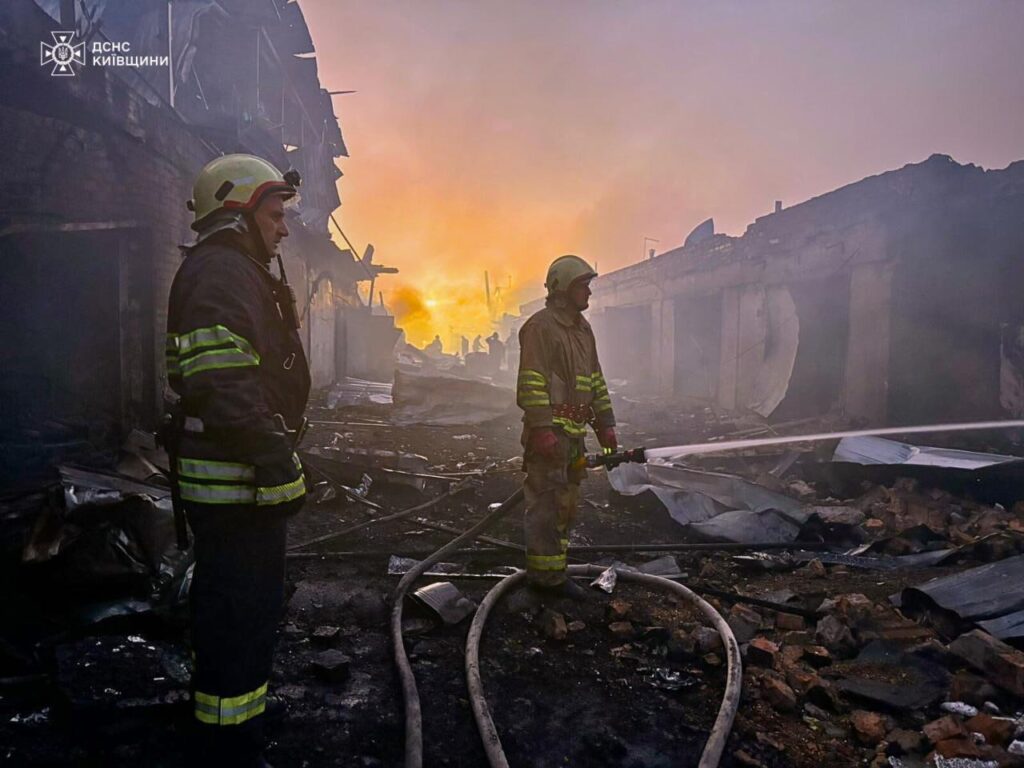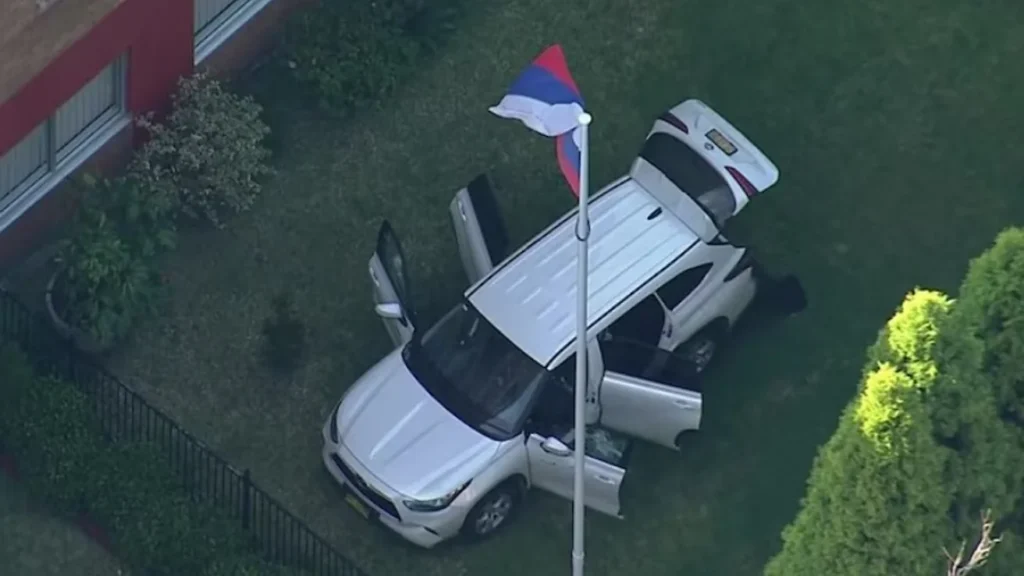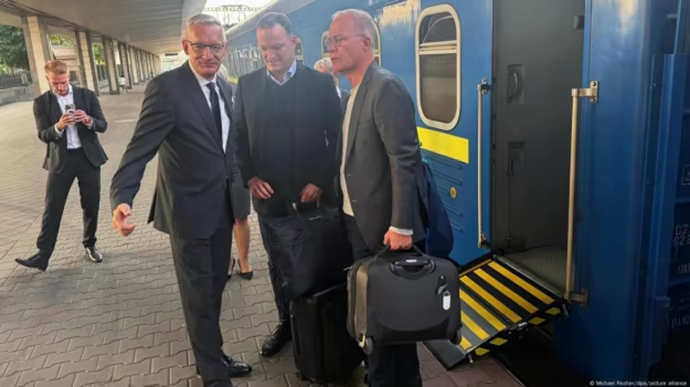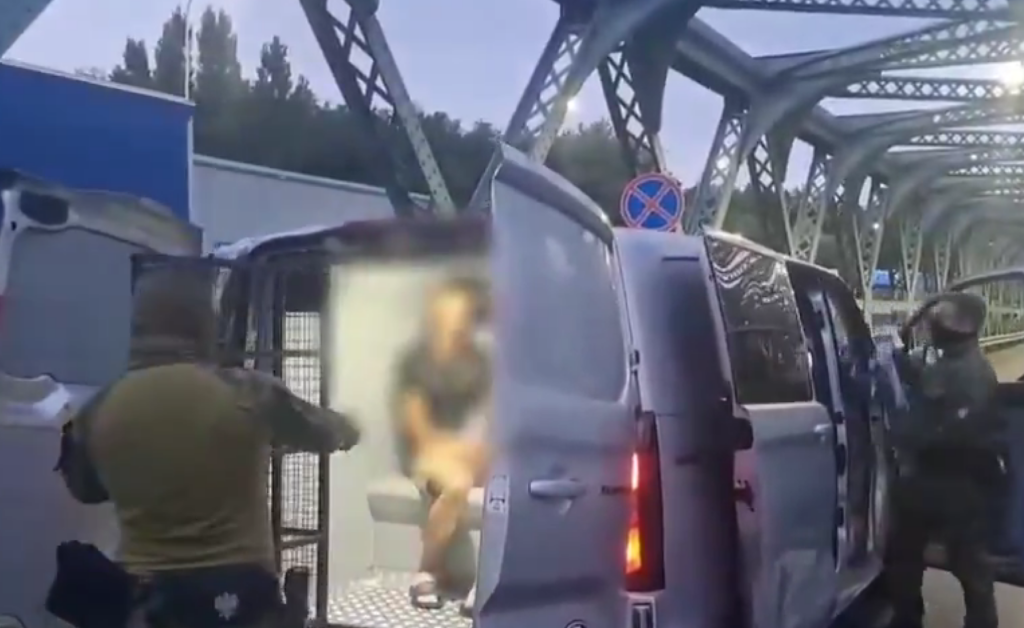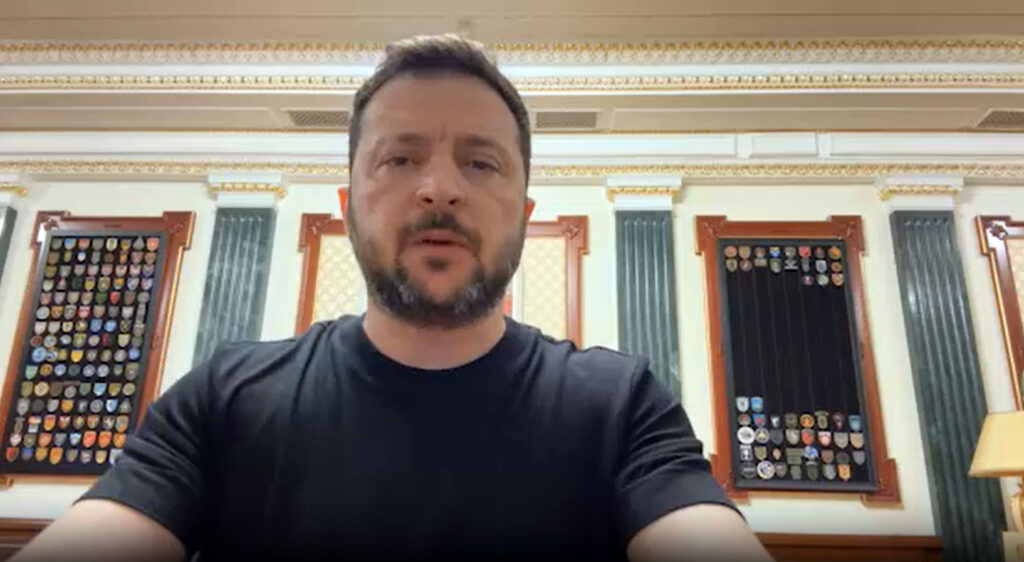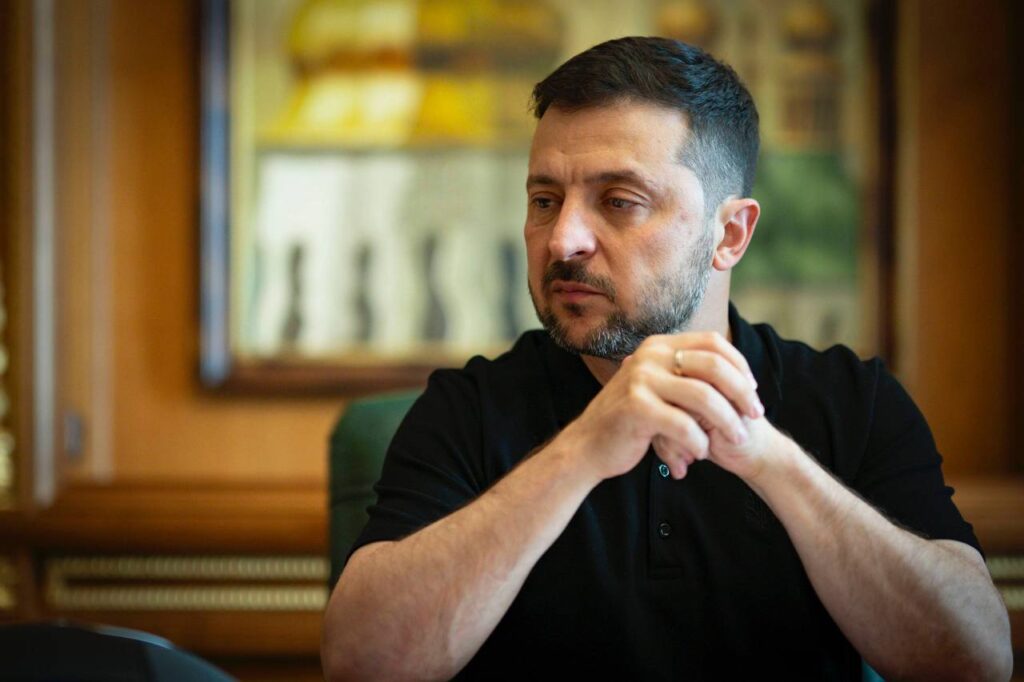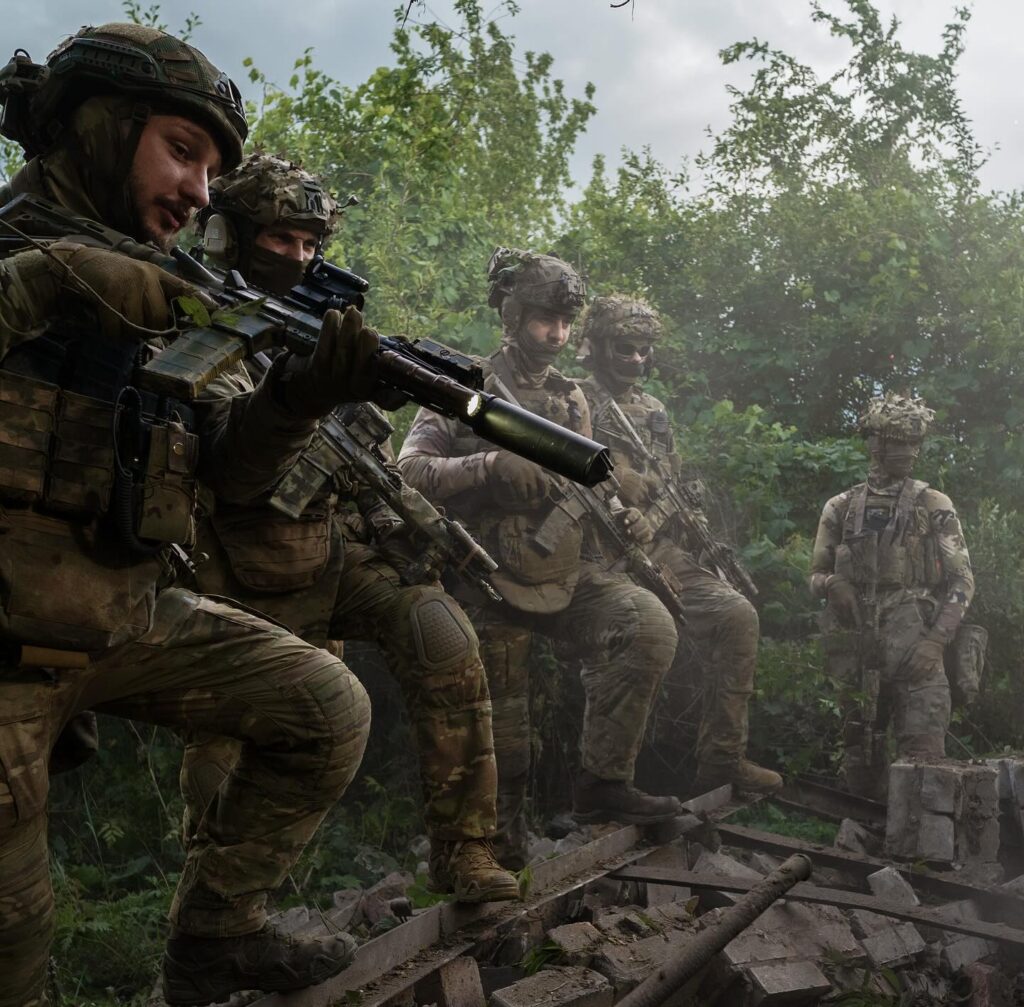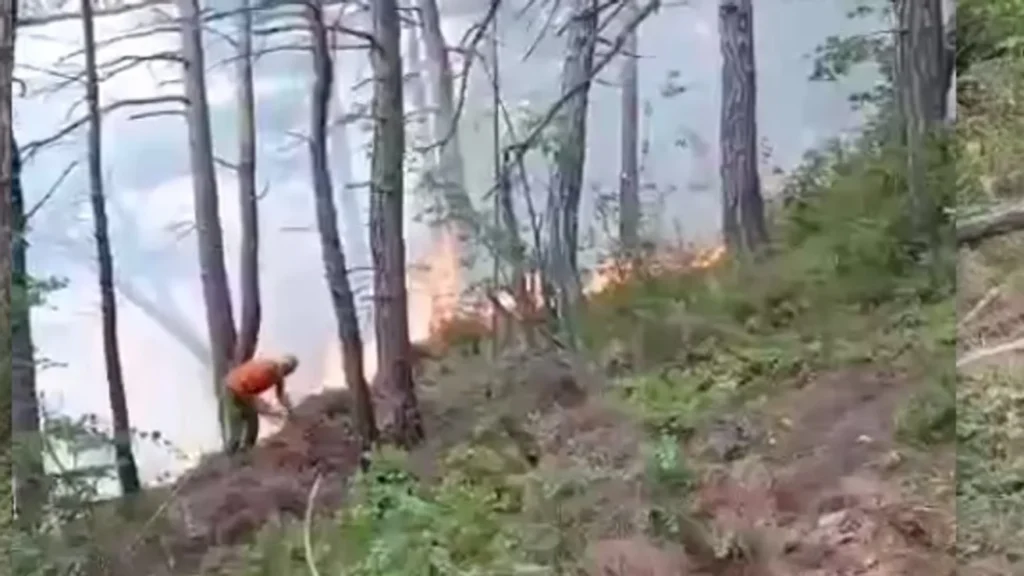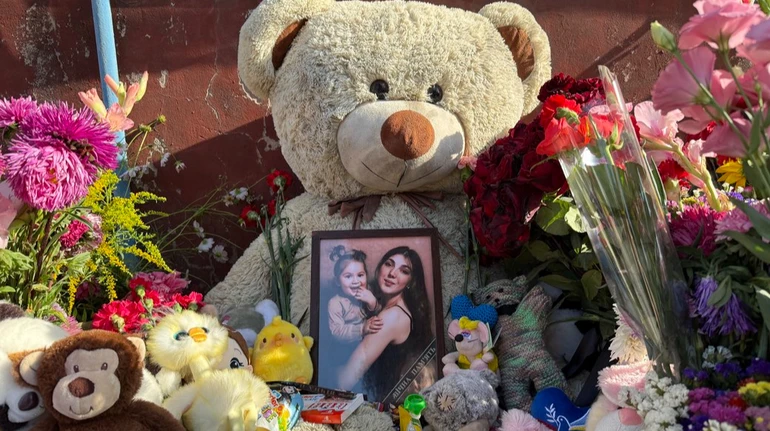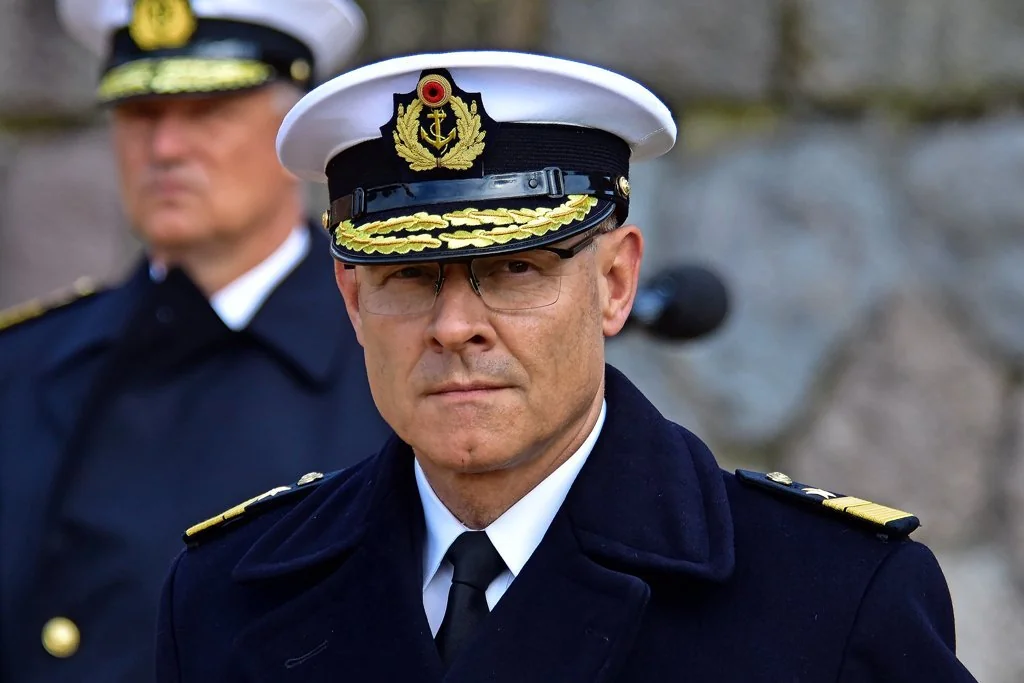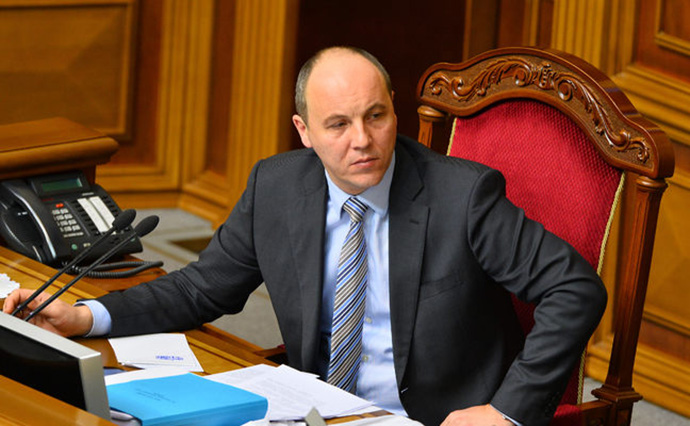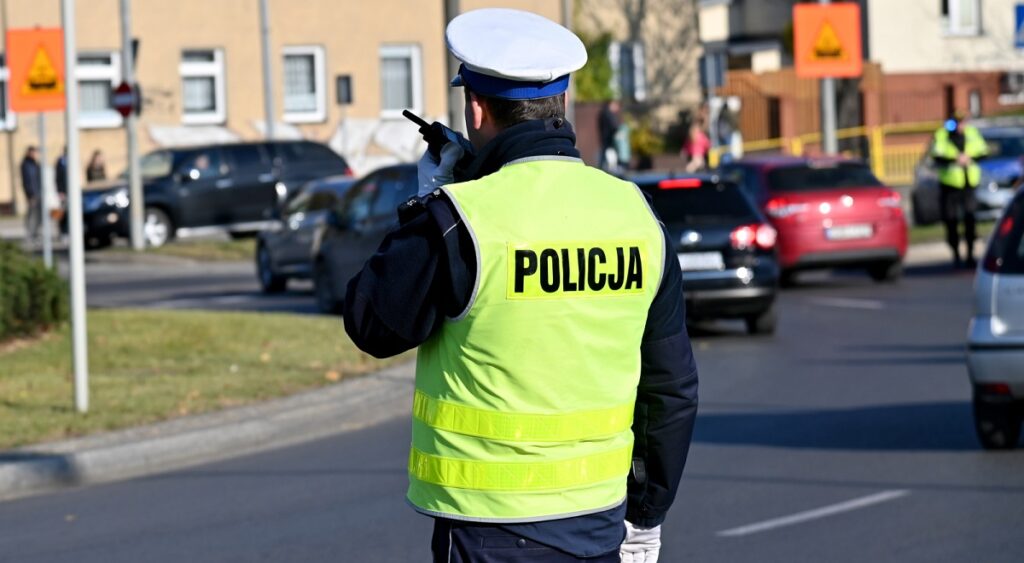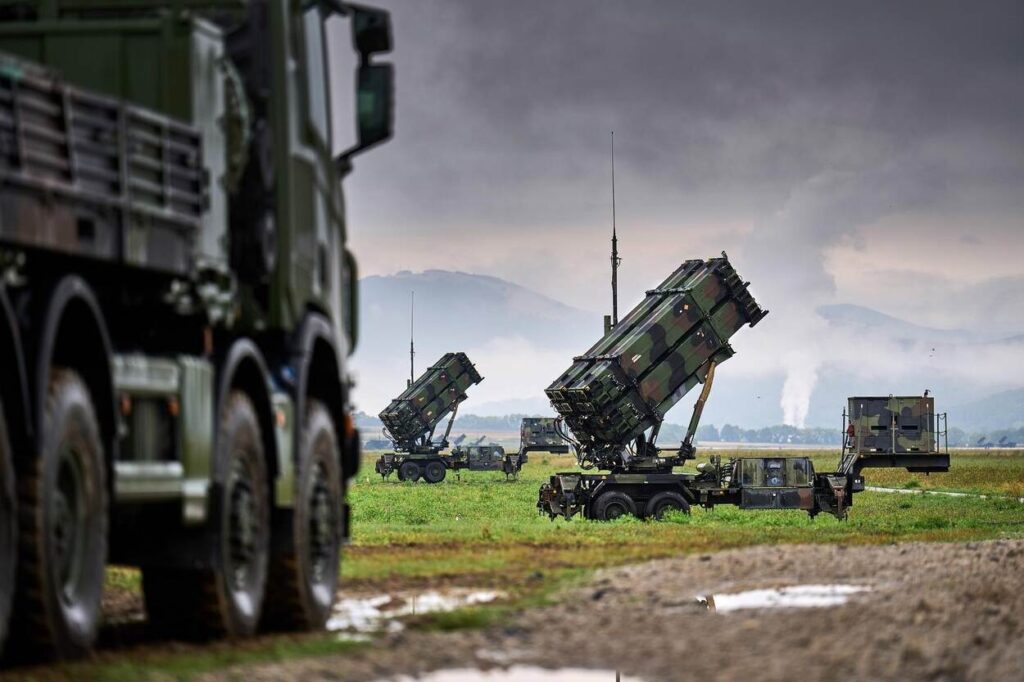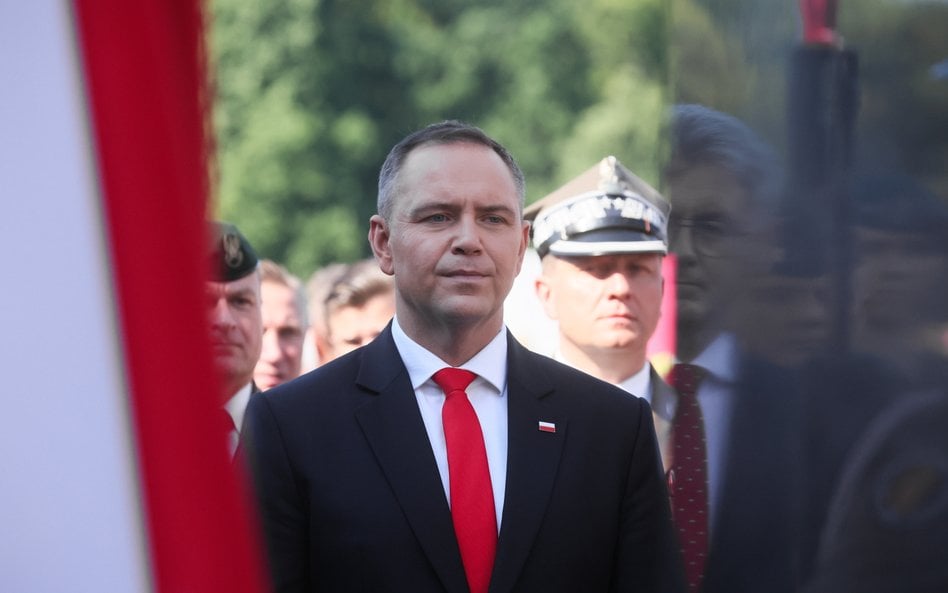
Polish President Karol Nawrocki declared discussions about Ukraine’s future membership in the European Union and NATO “premature,” prompting a swift response from Ukraine’s Foreign Ministry that such talks are strategically necessary.
In an interview with Lithuanian broadcaster LRT, Nawrocki explained his position on NATO membership: “I believe that a country at war cannot join NATO, because that would mean that Poland and Lithuania would also be at war, so this discussion should be postponed – it’s simply impossible.”
Regarding EU accession, the Polish president referenced the lengthy membership processes of Poland and Lithuania, which lasted “many years” and required consideration of “many factors, including impact on economy and business sectors.”
“Of course, I believe that Ukraine should be part of civilization in the future, if we want to look for adjectives, let’s say Latin or Western civilization. However, in my opinion, today’s discussion about Ukraine’s membership in the European Union is premature,” Nawrocki said, adding that he personally does not participate in such discussions.
When Russia launched its full-scale invasion against Ukraine, Poles were the first to provide Ukraine with significant assistance in military equipment and accepted a million Ukrainians into Poland.
Ukraine’s Foreign Ministry responded to Nawrocki, emphasizing that the country’s security future is inseparably linked with NATO, while its political and economic future lies with the EU. The ministry stated that Ukraine’s membership in these alliances serves as “a guarantee of security not only for Ukraine, but for all of Europe.”
The Foreign Ministry said that this position has received confirmation “both in NATO and EU decisions, and in numerous statements by leaders of partner countries, including Poland.” Therefore, the ministry emphasized that discussions about Ukraine’s future membership in NATO and the EU are not premature, but rather “strategically necessary in the context of the Russian-Ukrainian war.”
The ministry thanked Poland for the leadership it has demonstrated in supporting Ukraine since 2022.
During his presidential campaign, Nawrocki frequently referenced the Volyn tragedy, stating that Ukraine had no place in NATO or the EU until it “answered for crimes in Volyn.”
The Volyn tragedy refers to the mass killings of Polish civilians by the Ukrainian Insurgent Army (UPA) in Volhynia and adjacent regions during 1943-1944, part of an ethnic conflict causing tens of thousands of deaths. The number of Polish victims is estimated between 35,000 and 60,000, with Ukrainian casualties also resulting from retaliatory actions.
In the LRT interview, when asked about historical issues between neighboring countries, Nawrocki addressed the Volyn massacre: “My position on this issue is clear: 80 years ago, women, children and elderly people killed by Ukrainian nationalists and their loss of life was also a very painful experience.” He added that Poles “do not demand revenge, they demand graves, memory, names and surnames, and naturally, the President of Poland demands justice.”
In 2025, Ukraine conducted joint exhumation and reburial efforts with Poland for victims of the Volyn tragedy, notably reburial ceremonies held in places like Puzhnyky village in Ternopil Oblast. Ukraine is cooperating closely with Polish authorities to respectfully exhume victims’ remains, perform DNA testing for identification, and reinter them in local cemeteries, in a process seen as a step toward historical reconciliation.
The Polish president also discussed regional security concerns, stating that Russia “remains a constant threat” regardless of changing political regimes.
“We know that Putin is very attached to Soviet traditions, the longing for the Soviet empire in his heart is really strong,” Nawrocki said.
Regarding hybrid warfare from Belarus, Nawrocki confirmed that both Lithuania and Poland face “hybrid attacks from the East,” with concrete numbers and facts supporting this assessment.
